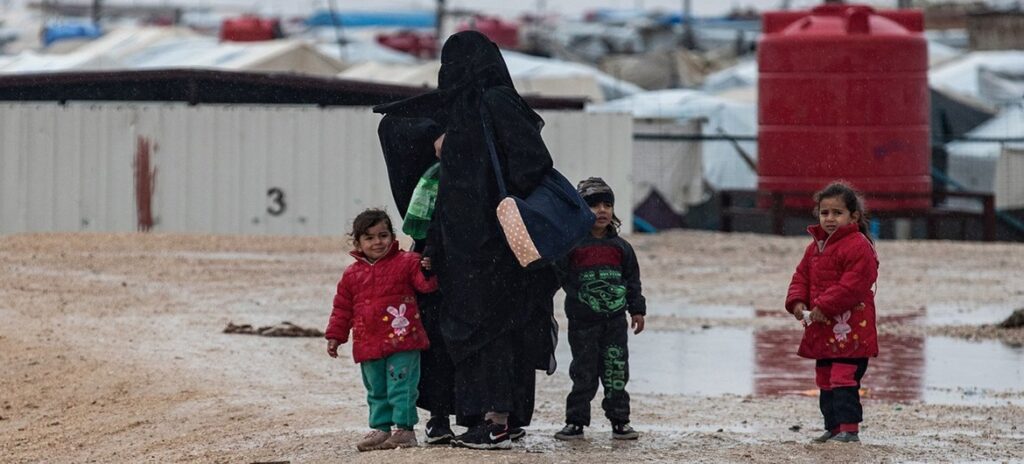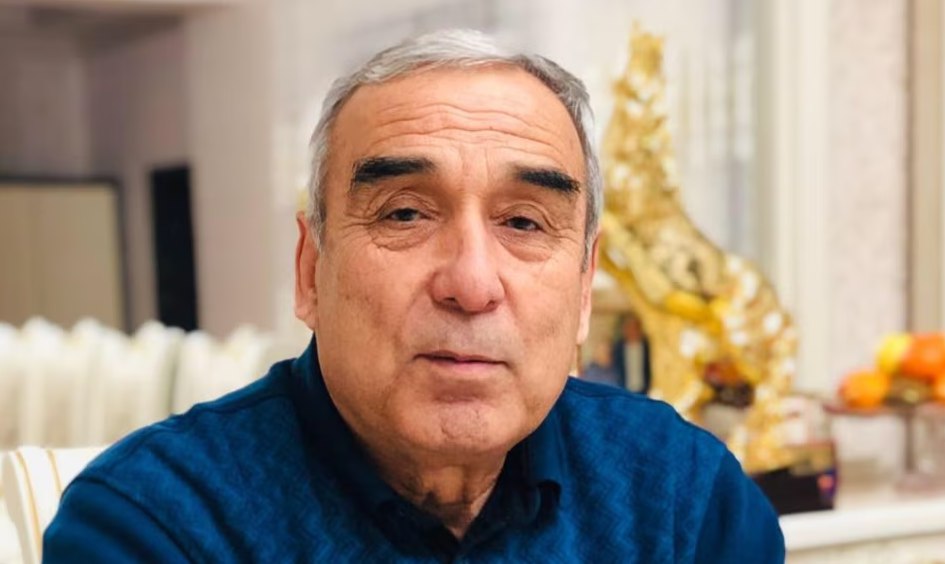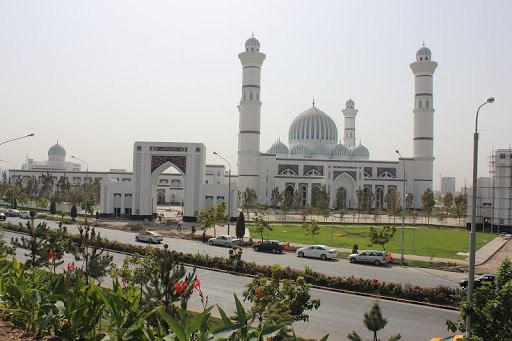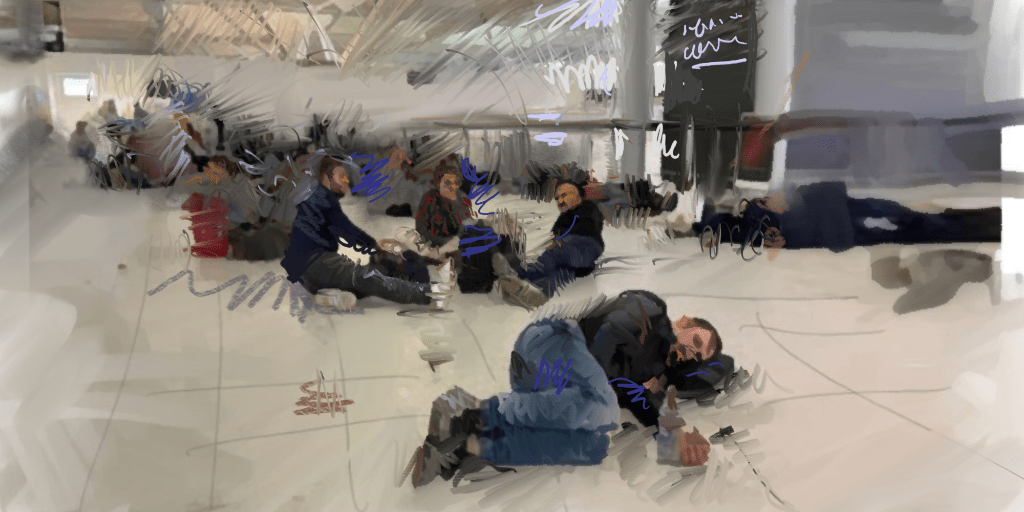Peace for Women and Children Returning from Syria to Tajikistan
Dozens of women and children returning from Syria have now been reunited with their loved ones in Tajikistan and according to the Ministry of Health, are adapting to a peaceful life. The return of Tajik citizens, primarily women and children, who left for Syria's combat zone and fell prey to terrorist organizations, has continued since 2022. On 27 September 2023, the Government of Tajikistan introduced a program to aid their rehabilitation. According to , Kudratullo Kurbonzoda, head of the Social Protection Department of Tajikistan's Ministry of Health and Social Protection, over the past two years, 334 people, including 259 children, have been returned from Syrian prisons to their homeland and having passed through the program's three stages, are settling in well. “Their health and mental state have recovered," commented Kurbonzoda Ku, adding that thanks to the program, even those without documents, such as passports or birth certificates, have been able to contact their families wherever they are in the country. A further 47 people who returned in April are currently under the supervision of the agency's specialists and receiving assistance from doctors and psychologists, as well as from education and internal affairs officials. Referencing the program's guidelines, Kurbonzoda added that in addition to financial and material assistance, the government recommended the placement of the children in schools and kindergartens, and provision of training and jobs for women.






